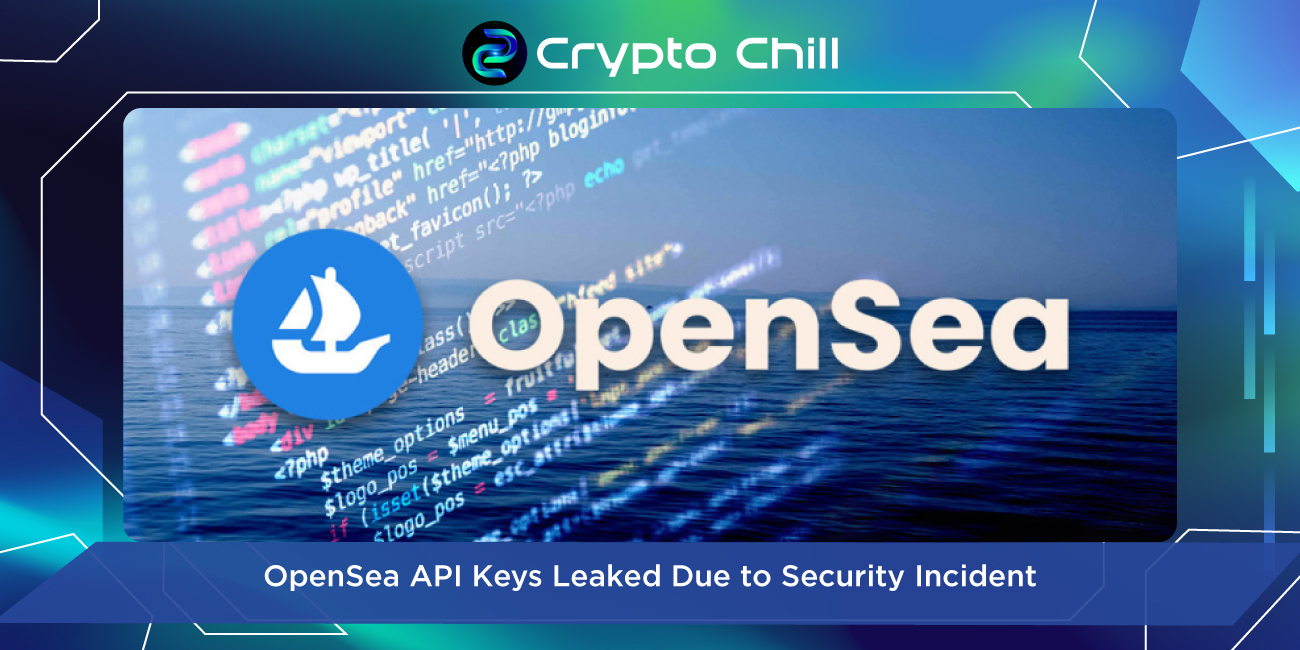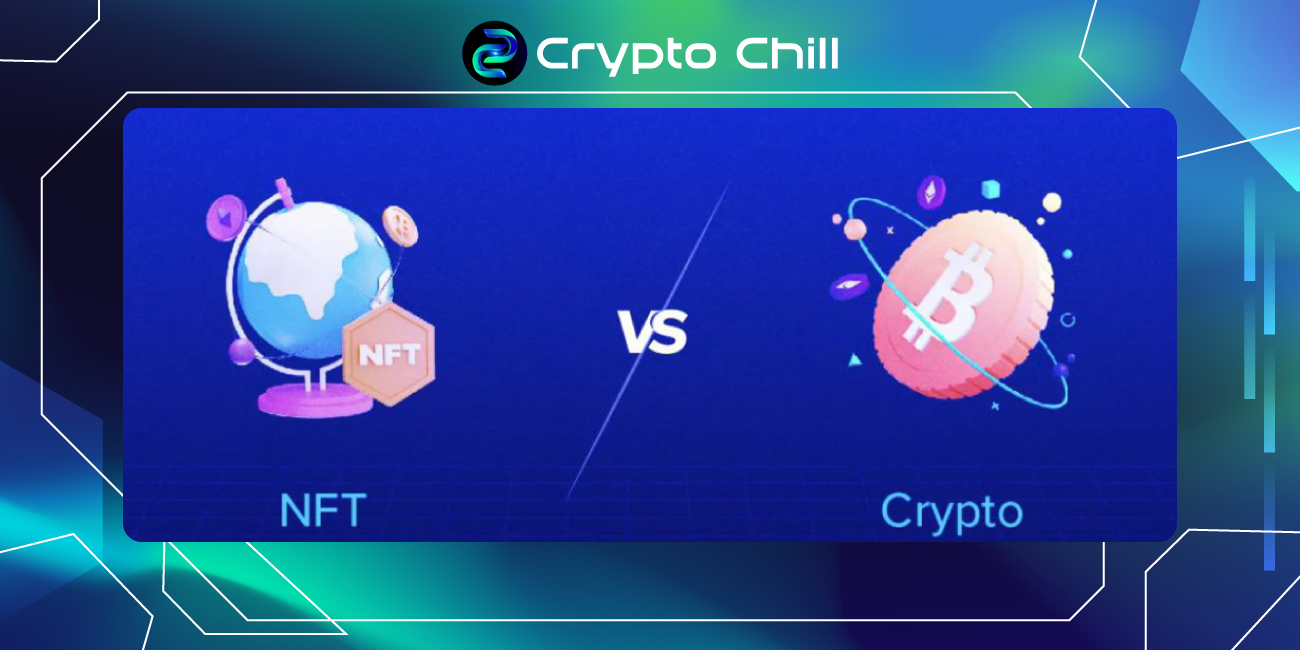OpenSea Faces Third-Party Security Breach, API Keys Potentially at Risk
OpenSea, one of the largest non-fungible token (NFT) marketplaces, has alerted its users to a security breach experienced by a third-party vendor. The breach has potentially exposed users’ OpenSea API key, which could allow external entities to utilize the affected API keys’ rate limits.
In an email to users, OpenSea urged them to invalidate their current API keys and generate new ones. The company assured users that the new keys will maintain the same permissions and rate limits as the previous ones. OpenSea also stated that existing keys are set to expire on October 2nd.
OpenSea did not disclose the number of affected users or the extent of information compromised. However, the company stressed the urgency of the situation, noting that the breach could have a significant impact on users’ allocated rate and usage limits.
This security breach follows a similar incident announced by blockchain analytics firm Nansen on September 20th. Nansen revealed that 6.8% of its users were affected during the initial 48 hours of their breach, losing sensitive data, including emails, passwords, and blockchain addresses.
Given the timing and nature of the two breaches, some within the NFT and blockchain community are beginning to question whether there might be a connection between these security incidents.
What is the API key?
An API key, or Application Programming Interface key, is a unique identifier that allows applications to authenticate with each other. API keys are used in a wide variety of applications, including websites, mobile apps, and cloud-based services.
To use an API, you typically need to create an account with the API provider and obtain an API key. Once you have an API key, you can use it to access the API and make requests.
Real also: Soulbound Tokens: A New Era of Identity and Data Privacy in Web3
API keys are a convenient way to authenticate applications, but they are also a potential security risk. If an attacker gains access to your API key, they could potentially use it to make unauthorized requests on your behalf.
In the context of OpenSea, API keys allow developers to build applications that interact with the OpenSea platform. For example, a developer might use the OpenSea API to create a website that allows users to browse and buy NFTs on OpenSea. The developer would need to create an API key and then provide that key to OpenSea in order to access the OpenSea API.
What are the risks of a compromised API key?
API keys are a valuable target for attackers, as they can be used to gain access to sensitive data and services. If an attacker is able to obtain an API key, they could potentially use it to:
- Make unauthorized transactions on the user’s behalf
- Access the user’s personal information
- Disrupt the user’s ability to use the application
How to protect your API keys
There are a few things you can do to protect your API keys:
- Keep your API key secret and do not share them with anyone.
- Store your API key in a secure location, such as a password manager.
- Regularly rotate your API key.
- Monitor your API key usage for any suspicious activity.
- Store your API key in a secure location, such as a password manager.
- Never share your API key with anyone you don’t trust.
- Enable two-factor authentication on your OpenSea account.
- Regularly change your API key.
Users should also be careful about sharing their API keys with third-party applications. Only share your API key with applications that you trust. By following these tips, users can help protect their API keys and keep their data and accounts safe.
Conclusion
The OpenSea security breach is a reminder of the importance of keeping your API keys safe. Users should be careful about whom they share their API keys with and should regularly change their API keys.
Disclaimer: The information in this article is not investment advice from CryptoChill. Overall, cryptocurrencies always carry many financial risks. Therefore, do your own research before making any investment decisions based on this website’s information.










No Comment! Be the first one.